Septoplasty, septal reconstruction + sinus surgery
What is a septoplasty?
A septoplasty is a surgical procedure used to correct a deviated nasal septum. A deviated septum occurs when the cartilage that separates your nostrils is out of position. This can cause breathing problems, nosebleeds, and pain.
What is a septal reconstruction?
This is another operation performed on the nasal septum (the middle wall of the nose that separates it into left and right sides). It is typically recommended when the narrowing is toward the front of the nose and the cartilage and bone needs to realigned back into position.
What is sinusitis?
Sinusitis is characterised by pain and pressure in the cheeks and forehead. There can be associated blockage of the nose, discharge from the nose, and sometimes a change in sense of smell. Sinusitis is often experienced due to inflammation in the nose caused by infection, environmental pollutants or allergies.
Please view the below video for medical and surgical treatment options.
Chronic Sinusitis
Post Operative Instructions
Most patients recover quickly from having their septum repaired and/ or sinuses operated on. The following guidelines are recommended:
Drinking and eating
You can eat or drink whatever you wish after surgery. There are no diet restrictions, but alcohol consumption is not recommended and tobacco use is prohibited as Nicotine decreases blood flow to the healing nasal tissues and can actually compromise wound healing. Avoid hot spicy foods and drinking through a straw.
Activity
You can resume gentle activities the day after surgery. Avoid strenuous activity for 2 weeks. Avoid contact sports for 4 weeks after surgery. Avoid blowing your nose for the first week after surgery, where possible just wipe the front as needed.
Breathing
You may notice some blockage of the nose for the first few days after surgery until the splints are removed around post-op day 5, thereafter it should improve. If you notice that your nose is feeling increasingly blocked, this is not expected. Please contact the hospital.
Bleeding
Slight bleeding and secretions are expected from the nose for 7-10 days after surgery, and the dressing may need to be changed frequently during the first 24 hours following surgery. In case of profuse nasal bleeding, apply ice to the bridge of the nose and pinch the nose just above the tip and hold for 10 minutes; if bleeding continues, contact Dr Jefferson or the ENT registrar on-call at John Hunter Hospital. If unsuccessful, please present to your closest emergency department for review.
Pain
Having your nose operated on is not typically a very painful operation. Regular Panadol is usually sufficient. Avoid any aspirin-based medication as well as neurofen as this can promote bleeding. Sometimes you may need a stronger pain medication which will require a prescription.
Medications
Take all of your routine medications as prescribed, unless told otherwise by Dr. Jefferson; any medications which thin the blood should be avoided.
- You will be given a week of oral antibiotics
- You will be given a prescription for a topical antibiotic ointment to be used at the front of the inside of your nose. Apply a pea-sized amount twice daily for 2 weeks after surgery.
- Commence salt water nasal irrigation the day after surgery, this should be done twice a day. Saline washes help the healing process and promote regeneration of the internal lining of the nose.
Follow up
Patients are seen back in the rooms approximately 5-7 days after surgery.
Call Dr Jefferson if:
- You are bleeding excessively
- You have signs of infection such as fever, unrelieved headaches or increasing pain
- You have decreased or double vision, swelling of the eyes or a stiff neck
- You have persistent clear watery drainage from the nose.



